AI
Duolingo Goes AI-First, Plans to Replace Contractors with Automation in Major Shift
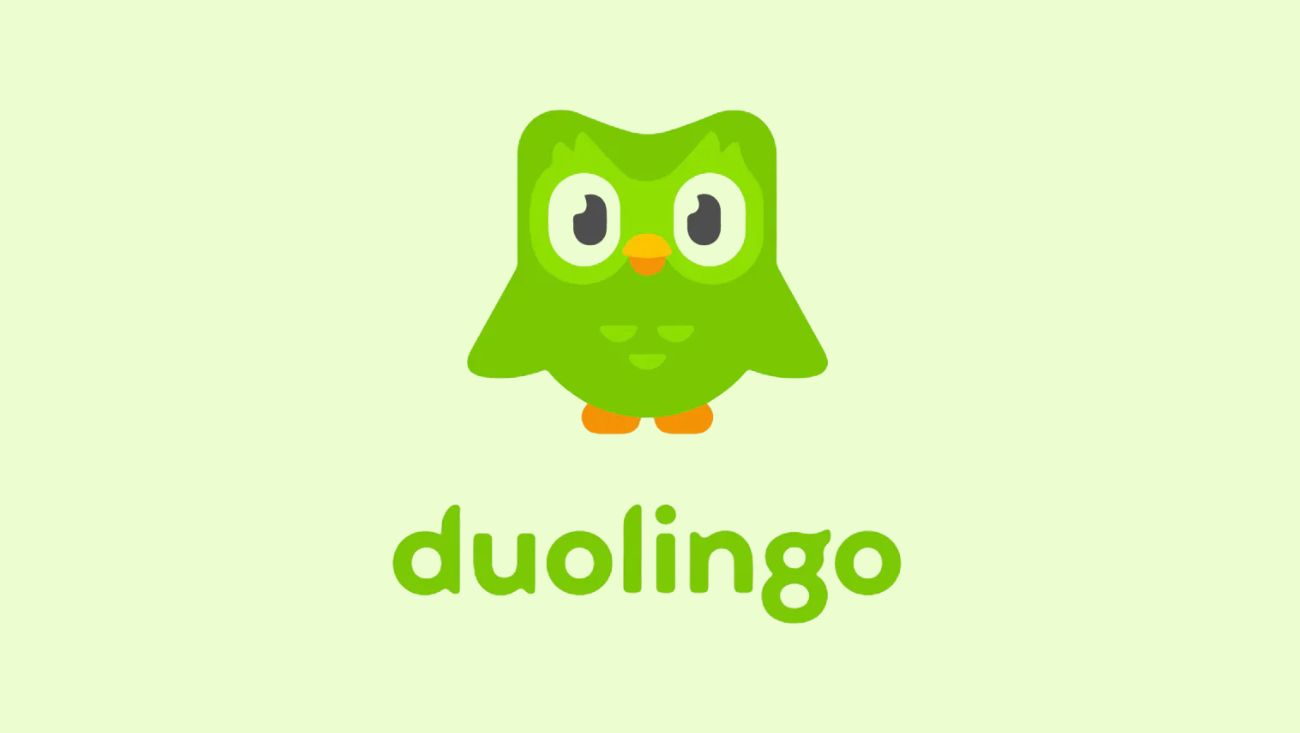
April 29, 2025 – Duolingo, the popular language-learning app, has announced a bold shift to an “AI-first” strategy, prioritizing automation over human contractors in a move that CEO Luis von Ahn says will accelerate content creation and innovation. The decision, shared in a recent memo to employees, underscores the company’s intent to integrate AI-driven solutions across its operations, from hiring to performance reviews. As AI continues to transform the tech industry, Duolingo’s pivot reflects a broader trend of leveraging automation to enhance efficiency, but it also raises questions about the future of contract work.
In the memo, von Ahn outlined five key principles for Duolingo’s AI-first approach: replacing contractors with AI where possible, incorporating AI usage into hiring and performance evaluations, limiting headcount growth unless teams automate more, and redefining workflows with AI-driven initiatives. A report from The Verge noted that this isn’t the first time Duolingo has reduced contractor roles due to AI—last year, the company cut 10% of its contractors after integrating AI to generate lesson content. Von Ahn emphasized that full-time employees will not be replaced, but the focus on automation signals a significant shift in how Duolingo plans to scale its digital education platform.
The AI-first strategy is designed to help Duolingo meet growing demand for its services, which now include language, math, music, and chess courses. A Business Insider article highlighted von Ahn’s statement that “without AI, it would take us decades to scale our content to more learners.” By automating tasks like content creation and lesson design, Duolingo aims to expand its offerings faster and more efficiently, a necessity for a company that reported 116.7 million monthly active users in 2025, up from 40.5 million in 2021. However, this shift has sparked concerns about the impact on contract workers, many of whom have played a key role in developing Duolingo’s diverse language programs.
Key Elements of Duolingo’s AI-First Strategy
Here’s a breakdown of Duolingo’s new approach:
- Contractor Reduction: Gradually replacing contractors with AI automation for tasks like content creation.
- Hiring and Reviews: AI usage will be a factor in hiring decisions and performance evaluations.
- Headcount Limits: Teams must automate more before increasing staff.
- Workflow Changes: All functions will adopt AI-driven initiatives to redefine operations.
Duolingo’s embrace of AI is not new—the company has been using generative AI since 2023, including features like a video call function powered by machine learning that lets users converse with mascots in various languages. It was reported that Duolingo previously used AI to generate sentences for lessons, a task once handled by contractors, and even kicked off an earnings call with an AI chatbot named Lily. Von Ahn’s latest memo, however, formalizes AI’s role across the company, signaling a long-term commitment to automation as a core strategy, a trend also seen in other AI-driven industries.
The decision to prioritize AI over contractors has drawn mixed reactions. On one hand, automation allows Duolingo to scale rapidly, delivering new content to millions of users worldwide. The company’s stock has risen 68% in the past year, partly due to the growth of its premium tiers and diversified offerings, which AI has helped accelerate. On the other hand, the reduction of contractor roles raises ethical questions about the displacement of human workers, particularly those in lower-paid, entry-level positions. It was reported that Duolingo’s earlier layoffs in 2023 and 2024 affected contractors working on less popular language programs, leaving some without alternative roles despite the company’s efforts to reassign them.
Duolingo’s AI-first strategy aligns with a broader movement among tech companies to integrate AI into core operations. Companies like Uber and Shopify have also emphasized AI usage in their workforces, with Uber’s CEO Dara Khosrowshahi noting that AI training is becoming a necessity for employees. It was reported that OpenAI’s ChatGPT and similar tools have enabled companies to automate repetitive tasks, from content generation to customer support, but this often comes at the expense of contract workers who lack the protections of full-time employees. Duolingo’s approach, while innovative, highlights the tension between technological progress and workforce stability, a challenge also evident in tech-driven healthcare sectors.
The implications of Duolingo’s shift extend beyond its own operations, reflecting a growing reliance on AI across the tech industry. While automation promises efficiency and scale, it also raises questions about the future of work, particularly for contractors and gig workers who form a significant part of the tech ecosystem. As Duolingo moves forward with its AI-first strategy, the balance between innovation and ethical responsibility will be critical. The coming years will reveal whether this approach can sustain Duolingo’s growth while addressing the concerns of its workforce. What’s your take on Duolingo’s AI-first strategy? Does the promise of efficiency outweigh the impact on contractors? Share your thoughts in the comments, and let’s discuss the future of AI in education.
AI
OpenAI Enhances ChatGPT Search with Shopping Features, Challenging Google’s Dominance
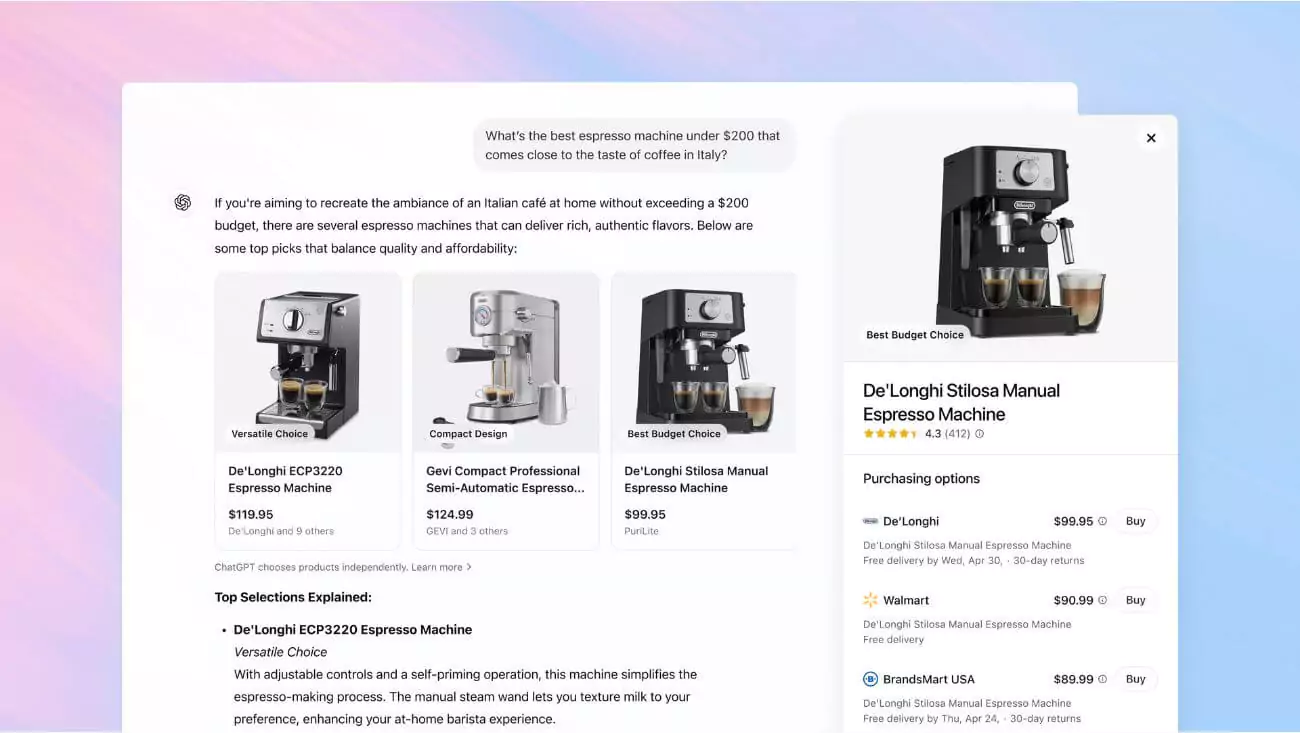
April 28, 2025 – OpenAI has rolled out new shopping features to ChatGPT Search, enabling users to browse products, view recommendations, and make purchases directly within the chat interface, positioning the AI chatbot as a direct competitor to Google’s search and shopping ecosystem. The update, which integrates personalized product discovery, marks a significant step in OpenAI’s mission to redefine how users interact with AI for everyday tasks. As AI continues to transform digital experiences, ChatGPT’s latest capabilities could reshape online shopping and search dynamics.
The enhanced ChatGPT Search now allows users to search for products across categories like fashion, beauty, home goods, and electronics, offering tailored recommendations, images, reviews, and direct purchase links. A report from The Verge highlighted that users can ask specific, natural-language questions to receive customized results, such as “find me a budget-friendly espresso machine under $200.” Unlike traditional search engines, ChatGPT Search aims to provide a conversational shopping experience, eliminating the need to navigate multiple websites. This update, available to all ChatGPT users globally—including Pro, Plus, Free tiers, and logged-out users—builds on OpenAI’s recent efforts to integrate real-time web data into its AI responses.
OpenAI’s move into shopping is a direct challenge to Google, which has long dominated online search and shopping with its ad-driven model. A PCMag article noted that ChatGPT Search currently excludes advertisements, relying instead on structured metadata like pricing, product descriptions, and reviews to generate organic results. This ad-free approach could appeal to users frustrated with Google’s ad-heavy search results, but it also raises questions about the long-term sustainability of OpenAI’s model, especially as the company explores affiliate revenue models. OpenAI CEO Sam Altman has hinted at potential “tasteful” affiliate fees in the future, but for now, the focus remains on delivering a user-centric experience without paid placements.
Key Features and Competitive Implications
Here’s a breakdown of ChatGPT Search’s new shopping capabilities:
- Functionality: Search for products, view recommendations, images, reviews, and purchase links within the chat.
- Categories: Includes fashion, beauty, home goods, and electronics, with plans for expansion.
- Availability: Rolled out globally to all ChatGPT users on April 28, 2025.
- Competition: Challenges Google by offering an ad-free, conversational shopping experience.
The shopping features leverage ChatGPT’s GPT-4o model, which processes natural-language queries to deliver highly personalized results. For example, users can ask for “a durable office chair for back support under $300,” and ChatGPT will provide options with images, reviews, and links to retailers like Amazon or Walmart, though users must complete purchases on the merchant’s website. It was reported that OpenAI plans to integrate its memory feature with shopping for Pro and Plus users, allowing ChatGPT to reference past conversations for even more tailored recommendations. This level of personalization could give ChatGPT an edge over traditional search engines, aligning with trends in AI-driven personalization.
The update also includes additional enhancements to ChatGPT Search, such as trending search suggestions that appear as users type, similar to Google’s autocomplete feature. Furthermore, ChatGPT Search is now accessible via WhatsApp, enabling users to message the chatbot for up-to-date product recommendations, a move that expands its reach across platforms. It was reported that OpenAI’s earlier AI agent, Operator, could browse web pages to find products, but the new ChatGPT Search offers a faster, more hands-on experience while retaining the ability to process natural-language queries effectively.
OpenAI’s entry into shopping comes at a time when ChatGPT Search is gaining traction, with over 1 billion web searches in the past week alone. The company’s broader strategy appears to be positioning ChatGPT as a full-funnel tool, capable of not just answering questions but also facilitating actions like purchasing. However, this move has sparked concerns among online publishers who rely on affiliate revenue from product reviews. It was reported that OpenAI is exploring ways to address this, potentially through affiliate models that support publishers while maintaining a high-quality user experience, a challenge also faced by other digital ecosystems.
The implications of ChatGPT Search’s shopping features extend beyond competition with Google. By offering an ad-free, conversational alternative, OpenAI could attract users seeking a more streamlined shopping experience, particularly in regions where Google’s ad-heavy results feel overwhelming. However, the absence of ads raises questions about monetization, especially as OpenAI scales its operations. The company’s focus on user experience first—evident in its decision to exclude paid placements—could set a new standard for AI-driven search and shopping, but its success will depend on balancing innovation with financial sustainability.
OpenAI’s integration of shopping into ChatGPT Search marks a bold step toward redefining how users discover and purchase products online. As the platform continues to evolve, its ability to challenge Google’s dominance while maintaining a user-first approach will be closely watched. The coming months will reveal whether ChatGPT Search can sustain its momentum and truly transform the online shopping landscape. What’s your take on ChatGPT’s new shopping features? Will they change how you shop online? Share your thoughts in the comments, and let’s discuss the future of AI-driven search.
AI
Alibaba Unveils Qwen3 AI Series, Outpacing OpenAI’s o1 and DeepSeek R1 in Global AI Race
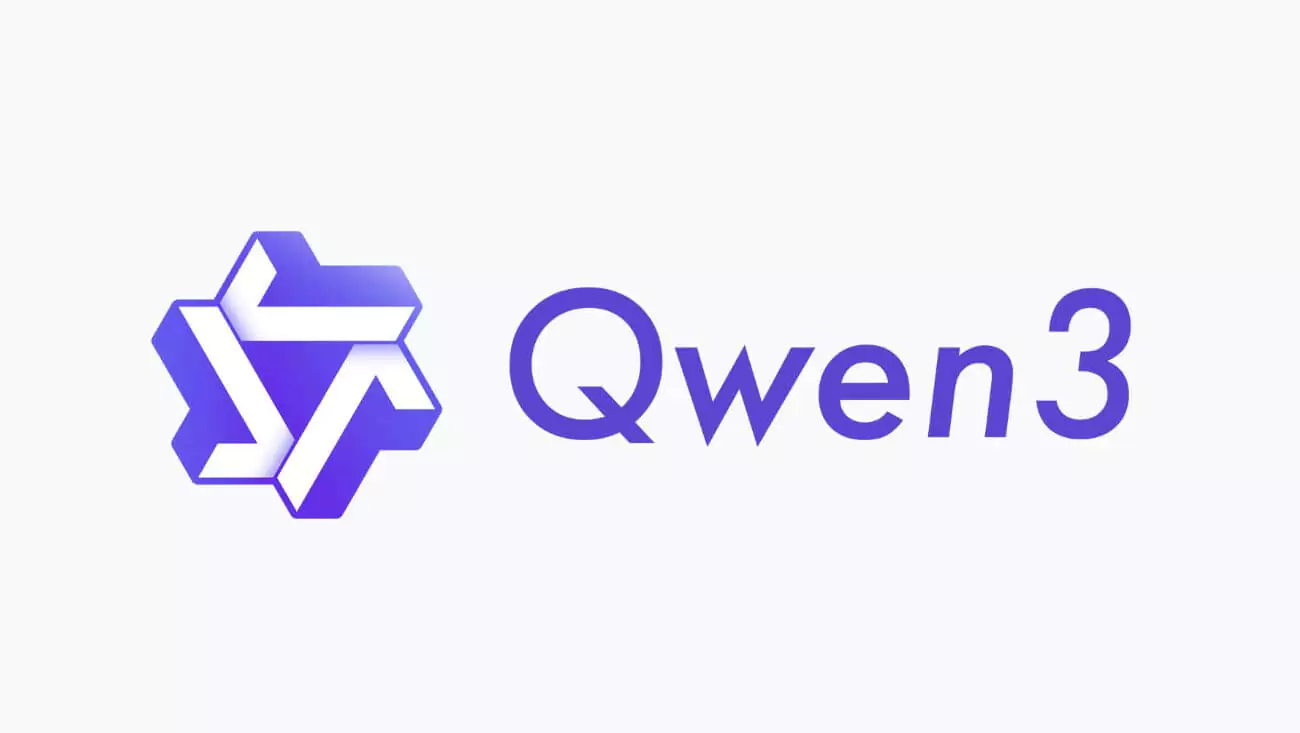
April 29, 2025 – Alibaba has launched its latest open-source AI model series, Qwen3, marking a significant leap in the global AI race by surpassing the capabilities of OpenAI’s o1 and DeepSeek R1 in key benchmarks. The Qwen3 family, which includes models ranging from 0.6 billion to 235 billion parameters, introduces advanced hybrid reasoning capabilities, positioning Alibaba as a formidable contender in the competitive landscape of artificial intelligence. This launch comes amid intensifying rivalry among Chinese tech giants, reflecting the broader push for AI innovation on a global scale.
The Qwen3 series, developed by Alibaba Cloud, comprises eight models, including two mixture-of-experts (MoE) models and six dense models. A report from VentureBeat highlighted that the flagship model, Qwen3-235B-A22B, outperformed OpenAI’s o1 and DeepSeek R1 in benchmark evaluations for coding and math reasoning, achieving competitive results on platforms like Codeforces and the AIME math test. Qwen3’s hybrid reasoning approach allows it to tackle complex problems with deliberate reasoning or provide quick answers for simpler queries, offering a versatility that sets it apart from its predecessors and rivals. This capability mirrors Alibaba’s ongoing efforts to address ethical AI challenges, ensuring models are both efficient and reliable.
Introducing Qwen3!
We release and open-weight Qwen3, our latest large language models, including 2 MoE models and 6 dense models, ranging from 0.6B to 235B. Our flagship model, Qwen3-235B-A22B, achieves competitive results in benchmark evaluations of coding, math, general… pic.twitter.com/JWZkJeHWhC
— Qwen (@Alibaba_Qwen) April 28, 2025
Alibaba’s launch of Qwen3 intensifies the rivalry among Chinese tech firms, especially following DeepSeek’s earlier success in 2025. A TechCrunch article noted that Qwen3’s open-weight availability makes it accessible for developers worldwide, with the largest public model, Qwen3-32B, competing strongly against proprietary models like Google’s Gemini 2.5 Pro. The series excels in tool-calling and instruction-following, enabling it to perform tasks such as generating structured outputs like JSON code with step-by-step explanations. Alibaba has made Qwen3 available through cloud providers like Fireworks AI and Hyperbolic, broadening its reach and fostering collaboration within the global AI community, a trend also seen in digital platform expansions.
Key Features and Competitive Edge
Here’s a breakdown of Qwen3’s highlights and its impact:
- Model Range: Eight models, from 0.6B to 235B parameters, including two MoE models.
- Performance: Outperforms OpenAI’s o1 and DeepSeek R1 in coding, math, and reasoning benchmarks.
- Capabilities: Hybrid reasoning for complex problem-solving and quick responses, plus advanced tool-calling.
- Availability: Open-weight models available for download, with cloud access via providers like Fireworks AI.
The Qwen3 series builds on the success of its predecessors, Qwen2 and Qwen2.5, with significant improvements in reasoning and efficiency. It was reported that the largest model, Qwen3-235B-A22B, narrowly beats OpenAI’s o3-mini on the BFCL test, which assesses a model’s ability to reason through problems, while also excelling in structured data generation. Alibaba’s decision to open-source most of the Qwen3 models under the Apache 2.0 license reflects its commitment to fostering innovation, though the flagship 235B model remains proprietary for now. This approach contrasts with the closed-source strategies of some competitors, potentially giving Alibaba an edge in attracting developers and researchers globally.
The launch of Qwen3 comes at a pivotal moment for China’s AI industry, which has seen rapid advancements driven by companies like Alibaba, Baidu, and DeepSeek. The series is designed to handle a wide range of applications, from coding and mathematical problem-solving to multimodal tasks involving text, images, and potentially audio in future iterations. Alibaba Cloud’s investment in AI infrastructure—$53 billion over the next three years—underscores its ambition to lead the global AI market, a goal that aligns with China’s broader push for technological self-reliance amid geopolitical tensions. However, Qwen3’s release has also raised concerns about access to advanced chips, as U.S. restrictions continue to limit Chinese companies’ ability to train large-scale models.
The global implications of Qwen3’s launch are significant. By open-sourcing most of its models, Alibaba is not only challenging Western AI giants like OpenAI but also fostering a collaborative ecosystem that could accelerate AI development worldwide. The Qwen3-32B model, in particular, offers a competitive alternative for businesses and developers seeking cost-effective AI solutions without sacrificing performance. However, the proprietary nature of the flagship 235B model suggests Alibaba is also positioning itself to capitalize on high-end enterprise applications, a strategy that could help it compete with both open-source and closed-source rivals in the long term.
Alibaba’s Qwen3 launch marks a turning point in the global AI race, showcasing China’s growing influence in the field while highlighting the importance of open-source collaboration. As the Qwen3 series gains traction, it could reshape the competitive landscape, offering developers and businesses new tools to innovate while challenging established players like OpenAI and DeepSeek. The coming months will reveal how Qwen3 performs in real-world applications and whether Alibaba can maintain its momentum in the face of regulatory and technological challenges. What’s your take on Alibaba’s Qwen3 series? Can it truly outpace OpenAI and DeepSeek in the AI race? Share your thoughts in the comments, and let’s discuss the future of AI innovation.
AI
DeepSeek Resumes Service in South Korea After Addressing Data Privacy Concerns
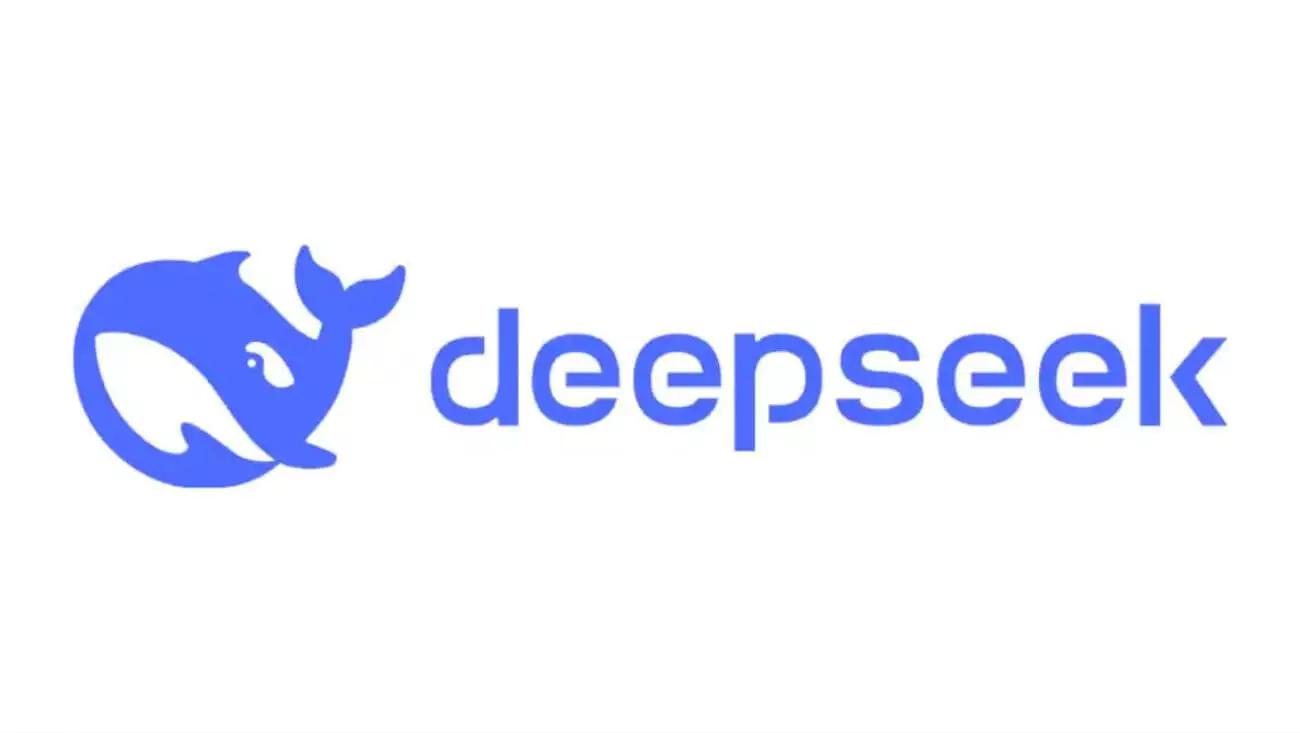
April 28, 2025 – DeepSeek, a Chinese AI chatbot, has resumed service in South Korea following a suspension earlier this year due to data privacy violations. The app, which faced backlash for transferring user data without consent, is now available for download again after the company revised its information processing policies to comply with South Korea’s strict privacy laws. This development highlights the growing scrutiny of AI platforms operating globally and the importance of adhering to local regulations, a challenge also faced by other tech firms navigating international markets.
DeepSeek’s troubles in South Korea began in February 2025, when the country’s Personal Information Protection Commission (PIPC) suspended new downloads of the app after discovering unauthorized data transfers. The chatbot, which had gained popularity with over 1 million weekly users shortly after its launch, was found to have shared user information with third-party providers in China and the United States without proper safeguards or user consent. This violation of South Korea’s Personal Information Protection Act (PIPA) led to a prolonged suspension, with the PIPC advising users to avoid sharing personal information via the app until the issues were resolved. The incident underscores the global challenges AI companies face in balancing innovation with user privacy, a topic that has gained significant attention in recent years.
Following months of scrutiny, DeepSeek submitted a revised data processing policy that addressed the PIPC’s concerns. A report from Korea JoongAng Daily noted that the company disclosed details of its updated policy, which now ensures user consent for data transfers and implements stricter safeguards to protect personal information. The PIPC approved the resumption of DeepSeek’s service on April 28, 2025, after confirming that the app’s practices align with South Korean privacy laws. Existing users who accessed DeepSeek via its web version during the suspension can now download the app again, while new users are once again able to install it from app stores, marking a significant milestone for the AI chatbot in the region.
Key Developments and Implications
Here’s a breakdown of DeepSeek’s journey in South Korea:
- Initial Suspension: In February 2025, the PIPC suspended DeepSeek for transferring user data without consent.
- Revised Policy: DeepSeek updated its data processing practices to comply with South Korea’s privacy laws.
- Resumption: The app became available for download again on April 28, 2025, after PIPC approval.
- Broader Impact: Highlights the importance of data privacy compliance for AI companies operating globally.
The resumption of DeepSeek’s service in South Korea is a win for the company, but it also serves as a cautionary tale for AI developers. The app’s initial suspension followed reports of unsecured data channels and inadequate privacy measures, which raised red flags not only in South Korea but also in other regions like Australia, Taiwan, and the U.S., where similar restrictions have been imposed. DeepSeek’s experience reflects a broader trend of heightened regulatory oversight, as governments worldwide seek to protect user data in the age of AI. This scrutiny is particularly relevant for companies like DeepSeek, which operate across borders and must navigate varying legal frameworks, a challenge also faced by other tech giants dealing with cybersecurity concerns.
DeepSeek’s return to South Korea comes with a renewed focus on transparency. The company has committed to regularly updating its privacy policies and ensuring compliance with local regulations, a move that could set a precedent for other AI firms. A statement from the PIPC emphasized that the agency will continue to monitor DeepSeek’s practices to ensure ongoing adherence to PIPA, signaling that the app remains under close watch. This level of oversight is not unique to South Korea; it mirrors global efforts to hold tech companies accountable, as seen in recent AI ethics debates that highlight the need for responsible data handling.
The reinstatement of DeepSeek also raises questions about user trust. While the app’s return is a positive development for its 1 million-plus user base in South Korea, some may remain wary of its past privacy missteps. A report from Reuters indicated that DeepSeek’s earlier violations included transferring user prompts to third parties like Volcano Engine without proper consent, a practice that eroded confidence among users. To rebuild trust, DeepSeek will need to demonstrate a sustained commitment to data security, potentially by offering users more control over their data, a strategy that has proven effective for other platforms navigating similar challenges.
The DeepSeek saga in South Korea serves as a reminder of the delicate balance AI companies must strike between innovation and compliance. As AI continues to transform industries, the need for robust data privacy practices becomes increasingly critical. DeepSeek’s ability to adapt to South Korea’s regulations could pave the way for its expansion into other markets, but only if it maintains a strong focus on user trust and transparency. For now, the app’s return marks a new chapter, but its long-term success will depend on how well it addresses the concerns that led to its suspension in the first place. What’s your take on DeepSeek’s return to South Korea? Do you think the company can regain user trust after its privacy violations? Share your thoughts in the comments, and let’s discuss the future of AI in a privacy-conscious world.
-
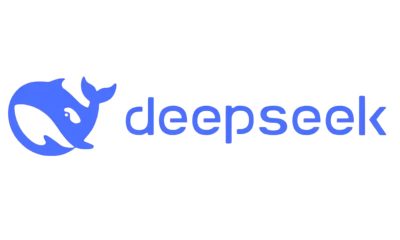
 AI3 months ago
AI3 months agoDeepSeek AI Faces U.S. Government Ban Over National Security Concerns
-

 Technology2 months ago
Technology2 months agoCOVID-Like Bat Virus Found in China Raises Fears of Future Pandemics
-

 AI2 months ago
AI2 months agoGoogle Gemini Now Available on iPhone Lock Screens – A Game Changer for AI Assistants
-

 Technology2 months ago
Technology2 months agoPokémon Day 2025 Celebrations Set for February 27 With Special Pokémon Presents Livestream
-
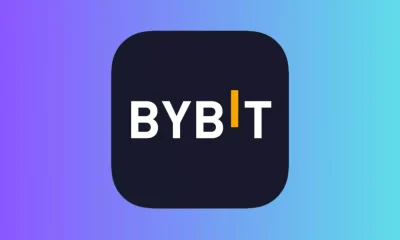
 Technology2 months ago
Technology2 months agoBybit Suffers Record-Breaking $1.5 Billion Crypto Hack, Shaking Industry Confidence
-

 Technology2 months ago
Technology2 months agoApple Unveils New iPad Air with M3 Chip and Enhanced Magic Keyboard
-

 Technology2 months ago
Technology2 months agoiPhone 17 Air and Pro Mockups Hint at Ultra-Thin Future, Per Leaked Apple Docs
-

 Technology2 months ago
Technology2 months agoYale Study Identifies Possible Links Between COVID Vaccine and Post-Vaccination Syndrome
